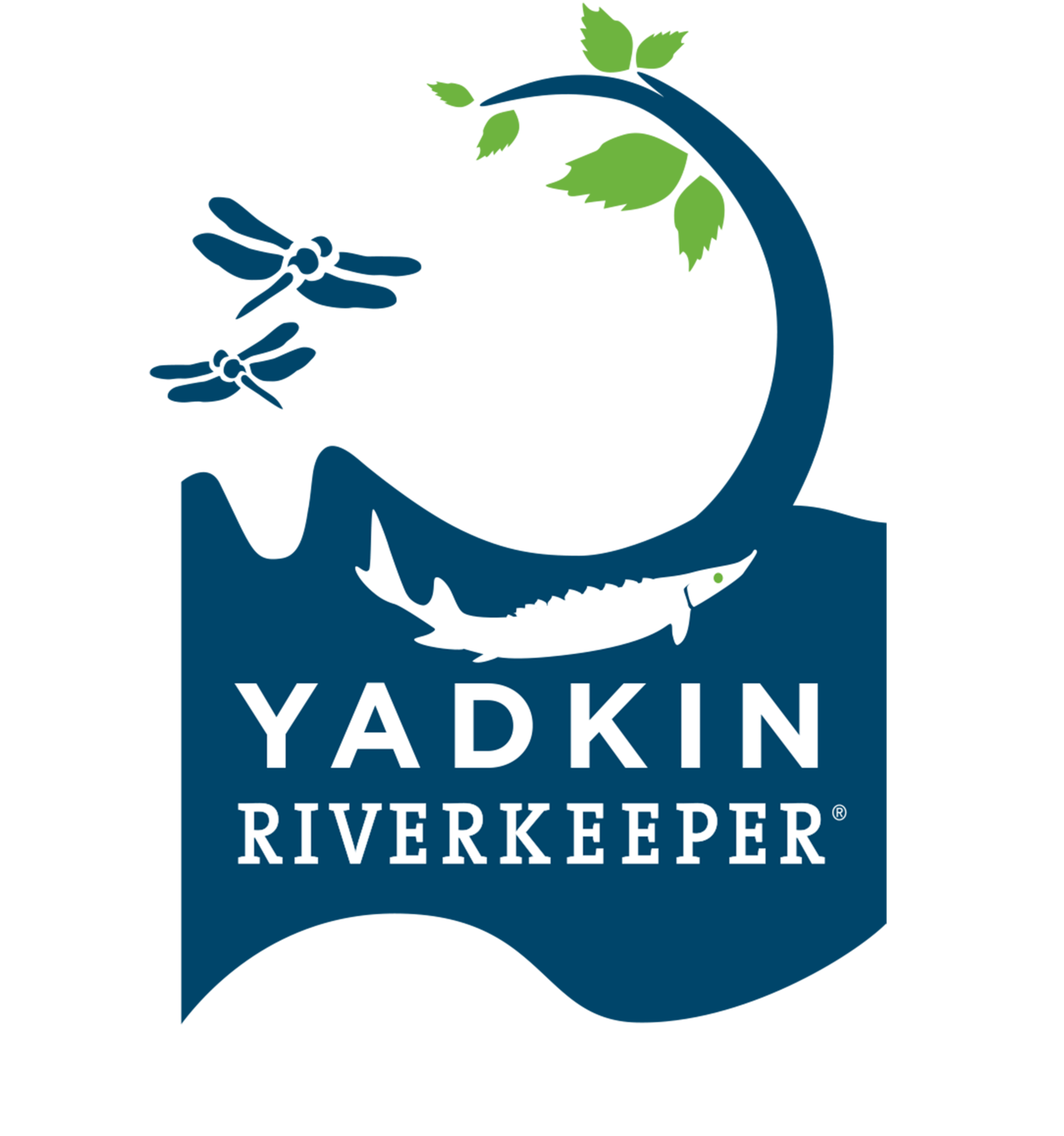Clean drinking water and safe rivers and lakes have been taken for granted for many years. Every day, families throughout the Yadkin River watershed depend on the River and its tributaries for clean water for drinking, cooking, and bathing. Our local businesses – from our manufacturers, breweries, restaurants, and family farms to fishing, hunting, and outdoor recreation – rely on clean water.
For nearly 50 years, the bipartisan Clean Water Act has protected America’s families, businesses and communities by preventing unchecked pollution from contaminating our waterways and drinking water sources. The Clean Water Act has provided a fundamental baseline of water protections for decades, cleaned up many of America’s waterways from their polluted state and stands as one of the greatest environmental success stories in our history.
Unfortunately, those achievements are now threatened by a soon to be proposed “replacement rule” by the US Environmental Protection Agency in Washington, DC. While we are still waiting on the proposed final rule to be published in the Federal Register, recent pronouncements from EPA have given us a general idea of where they are headed. For more information on the proposed rule please click on the link below:
Waters of the United States (WOTUS) Rulemaking
Our initial reading of the proposed WOTUS replacement rule under the Clean Water Act indicates that it would likely strip federal protections for both intermittent and ephemeral or “temporary” streams fed by underground springs, rainfall and/or snow melt. Under the proposed rule, the determination of which of these stream beds would no longer be protected would be based on a set of very complex definitions and calculations that will only, pun intended, muddy the waters. According to the National Hydrography Data Set published by the US Geologic Survey and other federal agencies, including EPA, that would be nearly half of the linear streams in North Carolina, endangering water quality and quantity, and wildlife habitat statewide.
In addition, the proposed rule would exempt isolated wetlands, groundwater, mining water, waste treatment ponds and interstate waters from EPA jurisdiction, once again with complicated definitions and criteria that could actually increase the financial and legal burdens on businesses, farmers and other landowners trying to determine if water bodies on their property are regulated or not.
While many proponents of the proposed rule hail it as a return of regulatory authority to the states, that is another dangerous, unintended consequence of the proposal in North Carolina, which recently reinstated so-called “handcuff” legislation that prohibits our state from having more stringent environmental standards than the federal government. This would prevent the state from filling the regulatory void if the replacement rule in adopted, which is further compounded by the state’s failure to promulgate water quality standards for a range of contaminants from heavy metals to E. coli bacteria.
Removing the Clean Water Act’s protection for temporary streams and wetlands would take away the most important tool local and state agencies use to make sure our water stays safe and plentiful. Without these protections, stormwater runoff into temporary streams would be unregulated, flooding events will be more intense and common, headwater streams that provide clean drinking water for many communities will be threatened, and groundwater resources will be diminished. All of these factors will be in play in North Carolina as we face more development pressures, extreme weather events and climate change.
Yadkin Riverkeeper is committed to protecting the water quality of the River and its tributaries and wetlands. We understand the need to work with federal, state and local agencies, industries and farmers to take a common sense, balanced approach that neither sacrifices our natural resources, nor threatens our economic prosperity. However, the special interests now controlling Washington’s agenda want to pretend that water and pollution do not flow downhill. Threats to water quality are greater than ever – now is not the time to go back to when rivers caught on fire and fish kills were a routine occurrence. That’s why we’re stepping up to protect the clean water we all depend on here in the Yadkin River basin.

